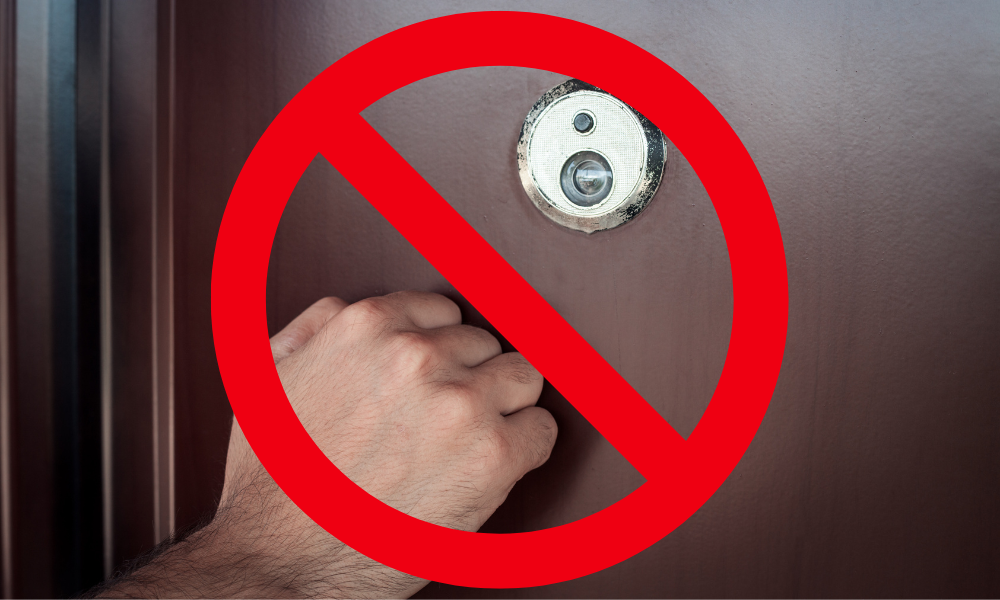The rising interest in solar energy and the potential savings it offers are attracting more and more customers. Unfortunately, this interest is also attracting scam artists who exploit unsuspecting homeowners’ dreams of residential solar power.
Unlike purchasing a car or a house, most customers don’t have prior experience with photovoltaic (PV) solar systems. This lack of familiarity can make it difficult to distinguish between a reputable solar company and a scammer. Scammers employ various tactics, including door-to-door salespeople with persuasive pitches or an onslaught of phone calls, emails, and letters.
When done correctly, switching to PV solar can save customers money on their power bills and reduce their carbon footprint. It’s not difficult to attain the benefits and steer clear of solar power scams, but it does require caution.
Here are some tips to help you avoid falling prey to solar scammers:
Don’t sign anything immediately – Scammers excel in hard-selling tactics. They will pressure you to sign their contract immediately. Don’t succumb to this pressure. Before signing anything, research at least three solar companies. Find out their rates, and ask tough questions about features, installation, and financing. If an offer seems too good to be true, it probably is. Reputable companies and their network of high-quality dealers can withstand scrutiny. Investigate thoroughly until all of your questions are answered.
Never start without a contract – Some scammers will insist on starting work without signing any legal documents. Resist this pressure. A reputable company will always provide a contract and explain its implications. Furthermore, don’t mistake a free estimate – often provided by good solar companies – for an actual contract. Some dishonest companies may present an estimate as a contract. An estimate is not binding. The contract you sign should be clear to you.
Get references – Investigate the company’s track record. How long have they been in business? Do they have a physical address in addition to a website or a phone number? Talk to customers who’ve had installations done by the company. Even a simple online search can reveal useful information. The company you choose should have many more positive reviews than negative ones. Finally, check with the Better Business Bureau and your state or local consumer protection agencies.
Look for warranties guaranteed by contract – Companies willing to sign a legally binding warranty are often reputable. However, scrutinize the warranty to confirm it covers what the company claims. Again, do your research and ask for references.
Beware of impersonators – Solar panel fraud often involves people pretending to be utility or government workers. Ask for proof of ID and verify it independently.
Don’t be pressured towards one type of financing – There are three primary ways to finance PV solar: purchase, loan, or lease. Each method has its pros and cons. A reputable company will offer a range of financing options and explain them. Ensure the financing method you select suits your financial situation and won’t cause long-term harm. Also, beware of “free” solar panels, which come attached with financing agreements that could potentially hurt you over time.
Research applicable tax benefits – Installing PV solar may come with significant tax benefits from both state and federal governments. Scammers might misrepresent or outright lie about the size of these benefits. A reputable company will be able to explain them to you and direct you to websites or government agencies that have the latest accurate information.
If you believe you’ve encountered a solar scammer, contact the police and your state or local consumer protection agency. In some instances, you may be entitled to restitution. Inform your local utility and elected representatives as well. They can issue warnings and instigate changes to prevent future scams.







